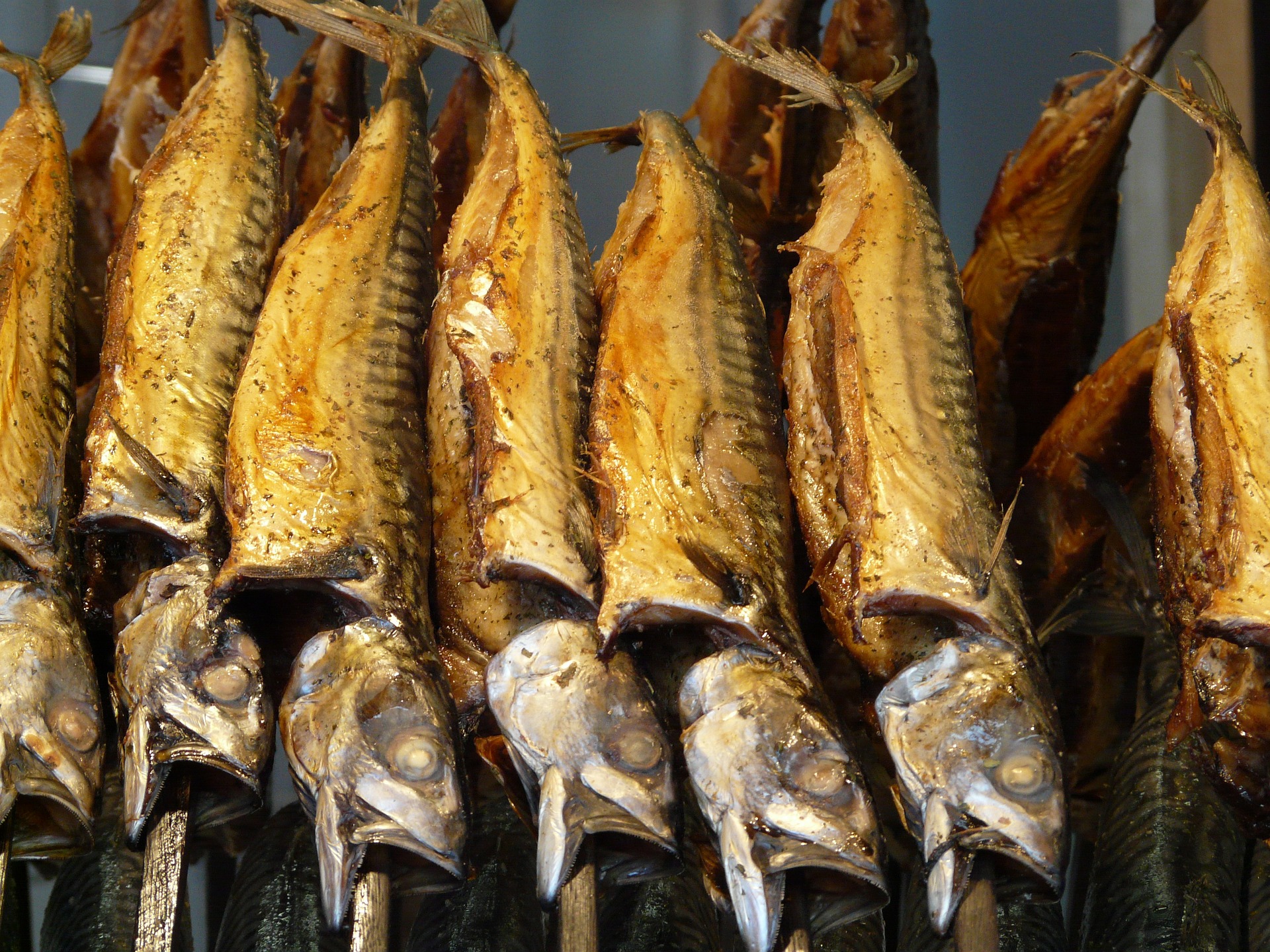By Vasco Schmidt
Aquaculture has a tradition dating back to more than 3000 years in Asia. Worldwide, around half of the fish consumed now originate from Aquaculture. Aquaculture is a good solution for relieving pressure on many of the wild fish threatened by extinction. Consumers ultimately have the power to favor responsible farming practices.
Open systems
Some farmed fish may be quite tasty and cheap, but unfortunately may also be quite devastating to the surrounding ecosystems. Wetland and marine ecosystems, in which fish are farmed, can be menaced through farming practices. There are a number of cases in which farmed fish escape from pens or cages and turn into invasive species threatening the very existence of native species and their ecosystem. Diseases from farmed fish may easily spread to wild fish from so called open systems and vice versa, farmed fish may be exposed to diseases from wild populations. Additionally, the surrounding environment of fish farms can also be exposed to pollutants such as pesticides and mercury through nearby agriculture and industry.
Closed systems, the solution?
In so-called closed systems, also commonly referred to as Recirculation Aquaculture Systems–or RAS, it is possible to have control of the environment in which fish are raised and to control their exposure to both pollutants and diseases. These systems can be set up far from the ocean, closer to consumers, also avoiding long distance transport. One fish farm may introduce as much waste into the environment as a small city with around 1000 people. RAS offer the possibility of reducing these discharges completely and also of reducing water consumption considerably by means of advanced filtration systems. The little existing discharges can be used as organic fertilizers in agriculture. Such systems are being developed and are already in use, directly linking or integrating fish farms with organic vegetable production.
In conclusion, farming fish is a good solution to reduce over fishing. In terms of productivity, Aquaculture requires relatively little space and provides us with an extremely high quality, health source for beneficial proteins and fats. If we were to replace beef production with Aquaculture for example, the Amazon Forest would probably be considerably less threatened due to land-use change. So let’s remember, it is best to buy fish from RAS, and if possible fish originating from your own country.
To search for sustainably farmed fish in your area check out Pick-A-Pepper.com!
Similar Stories:
- Federally Funded Grants for US Farmers
- Health and Environmental Hazards of GMOs: An Annotated Bibliography.
- ADAPTING YOUR POND TO CLIMATE CHANGE
- Avoid Foods Made in China That Are Filled With Plastic, Pesticides, & Cancer-Causing Chemicals
- Why we should ONLY eat Tuna for Christmas




